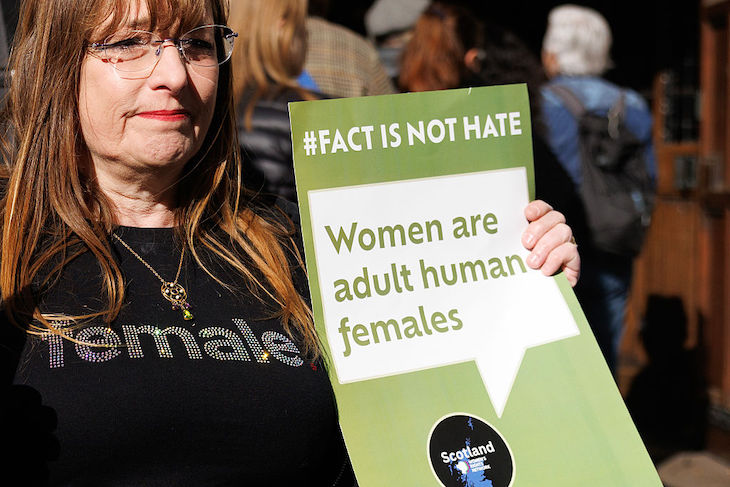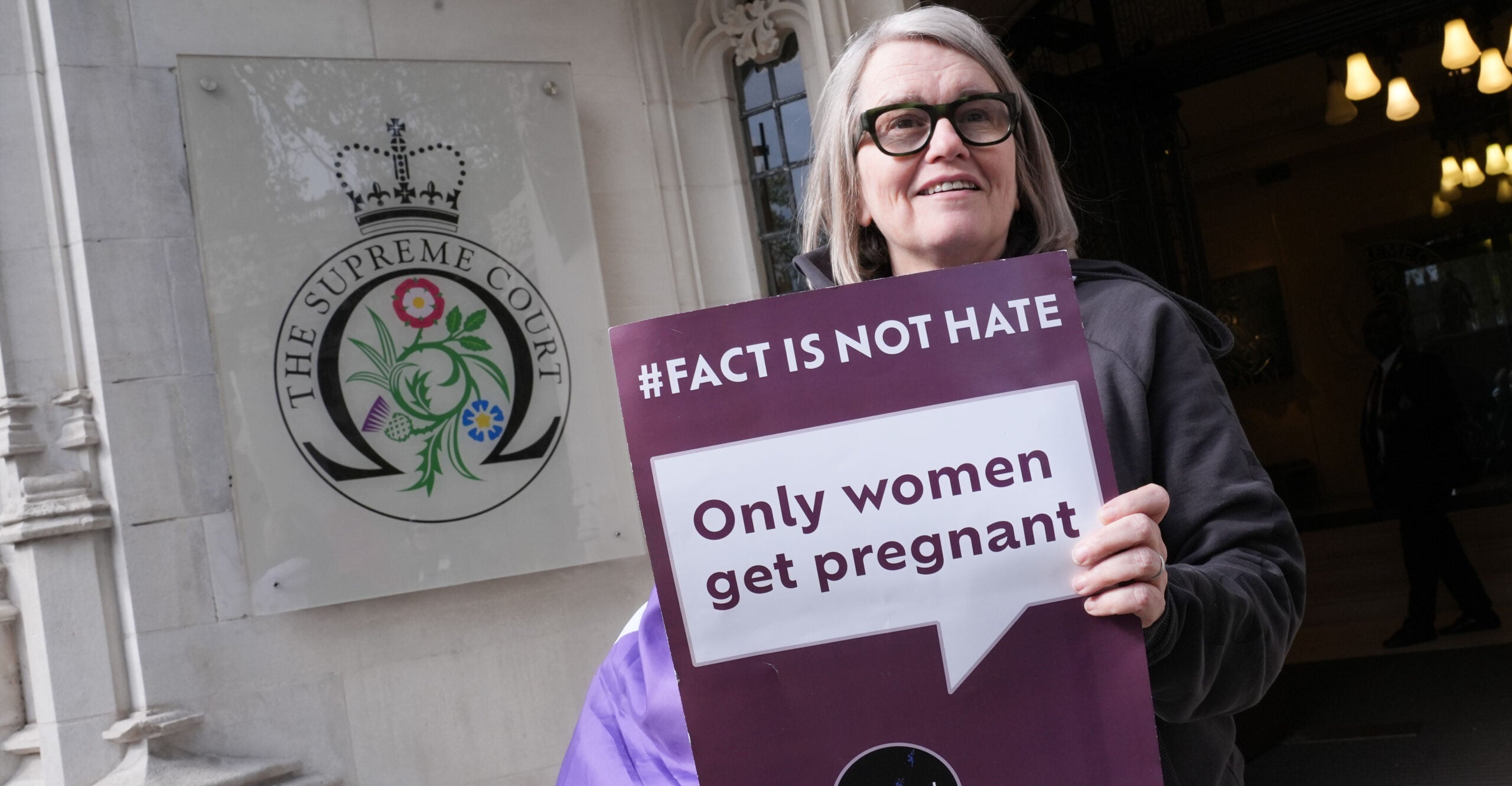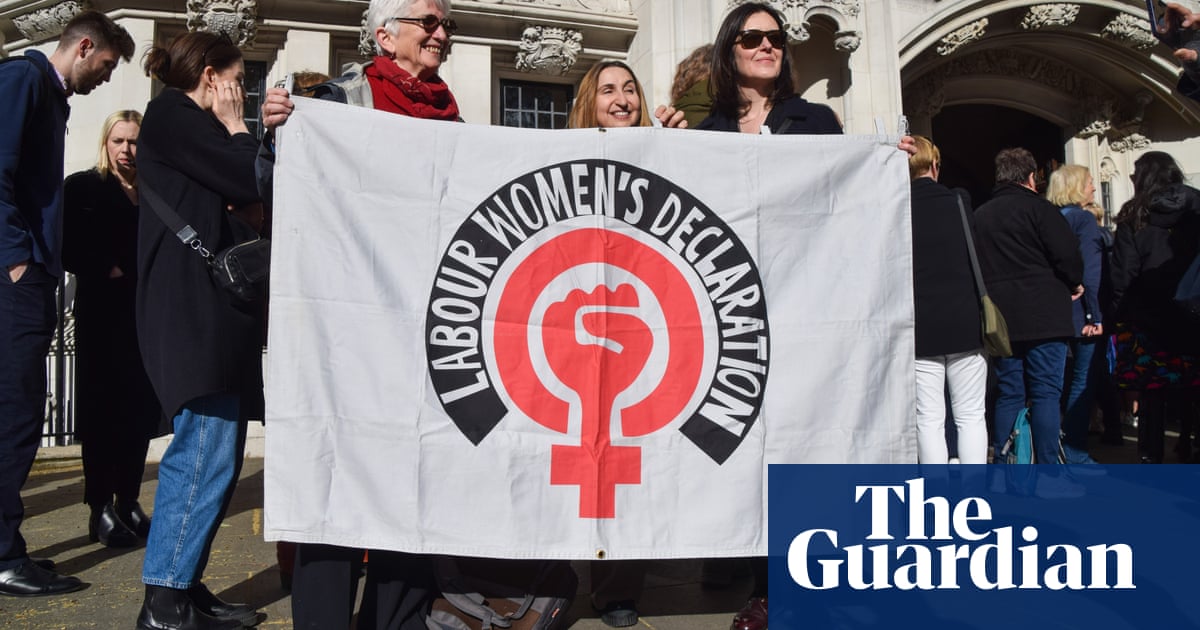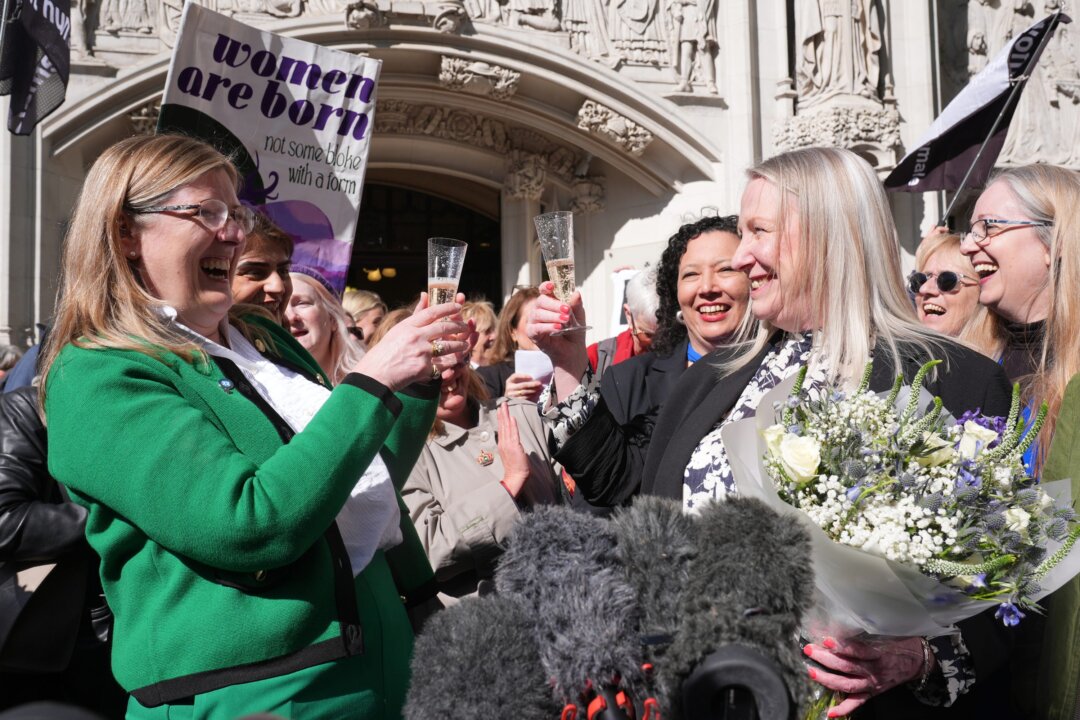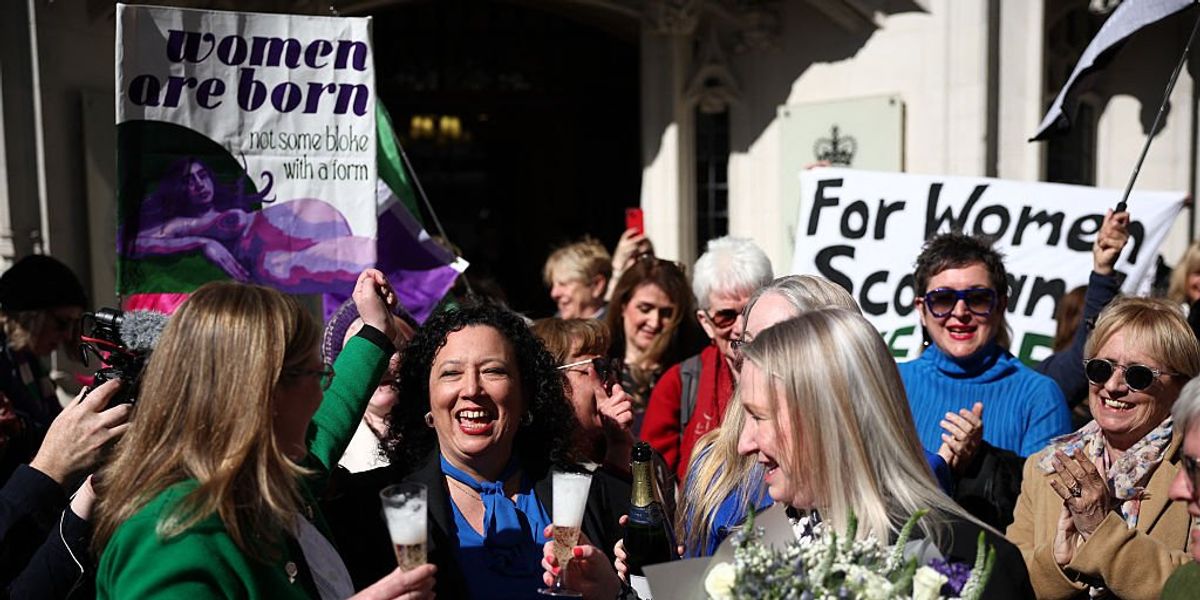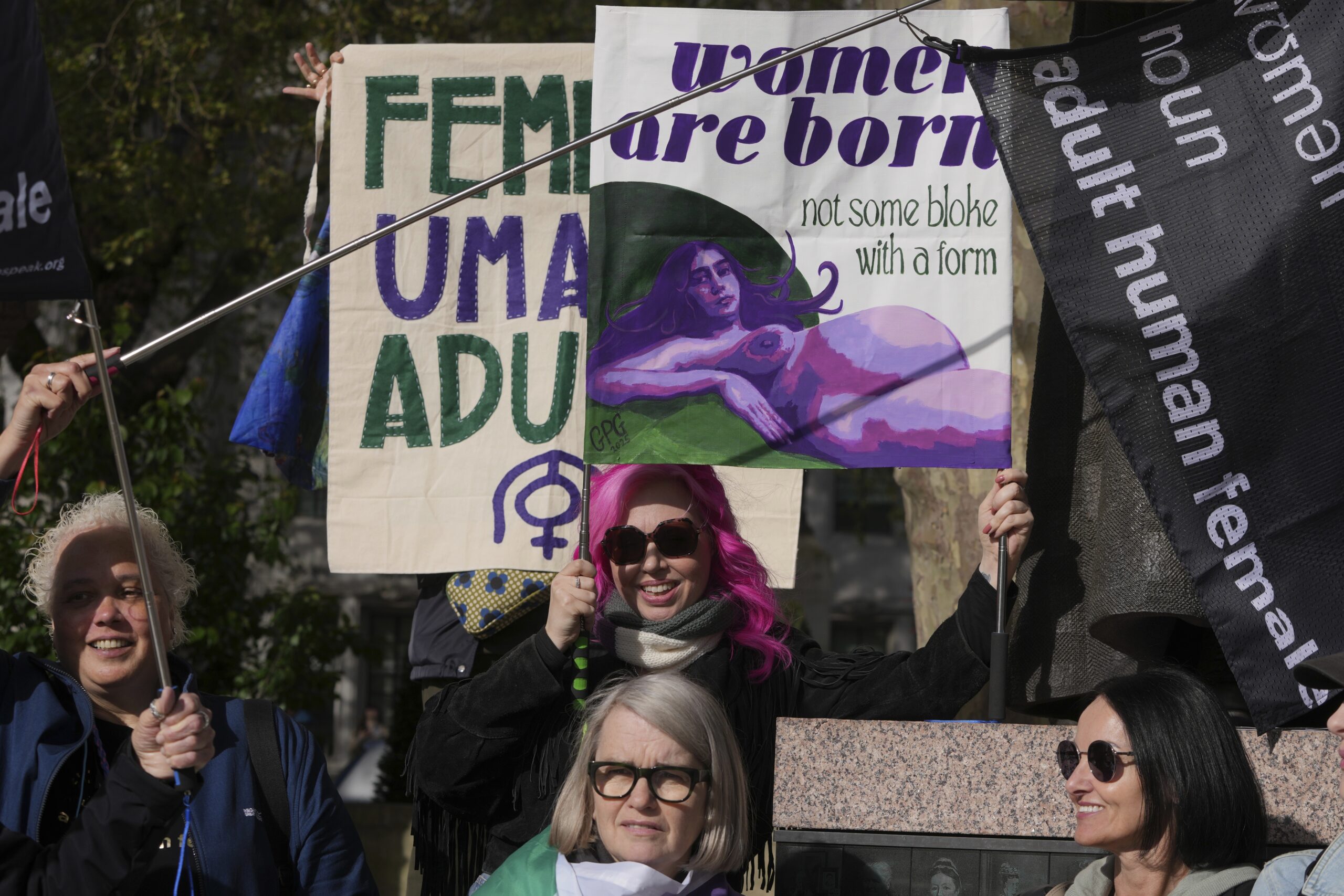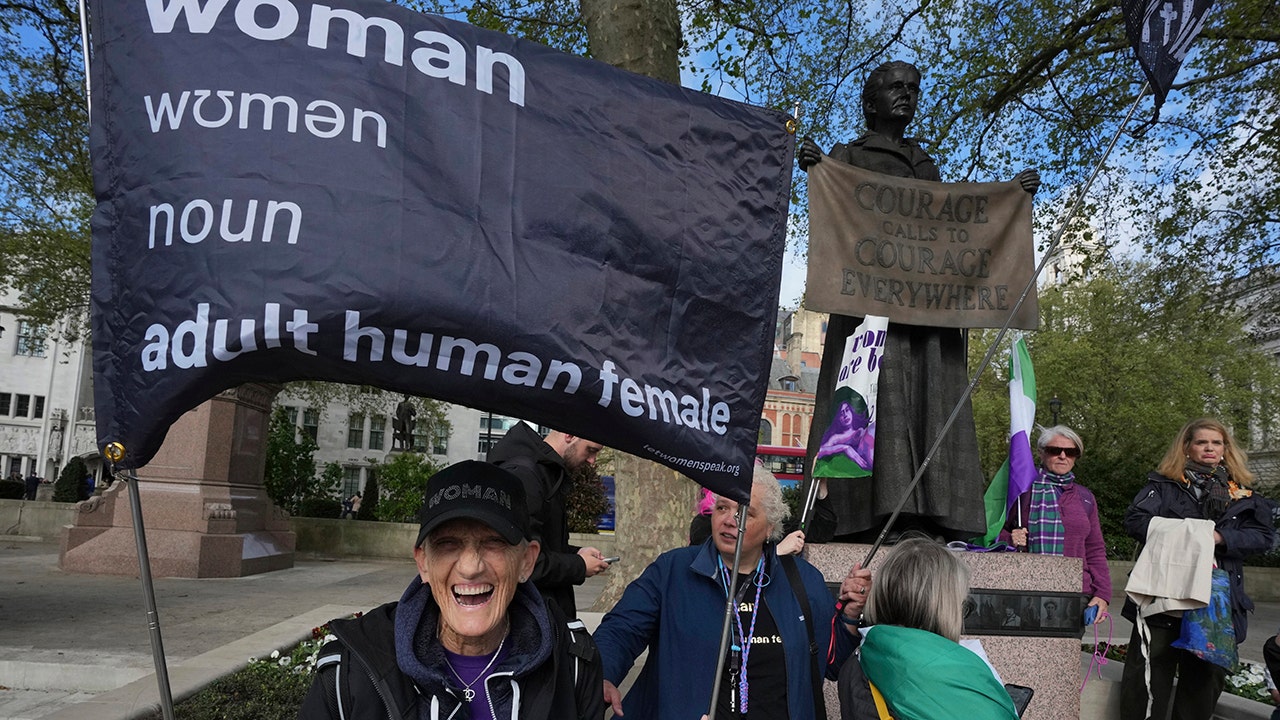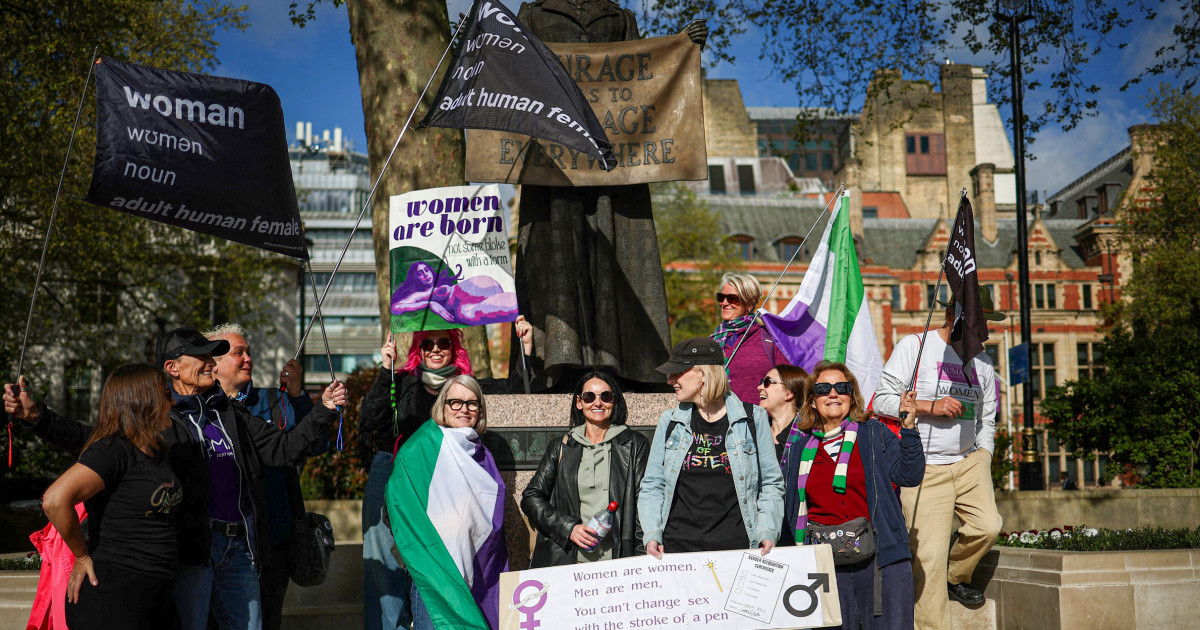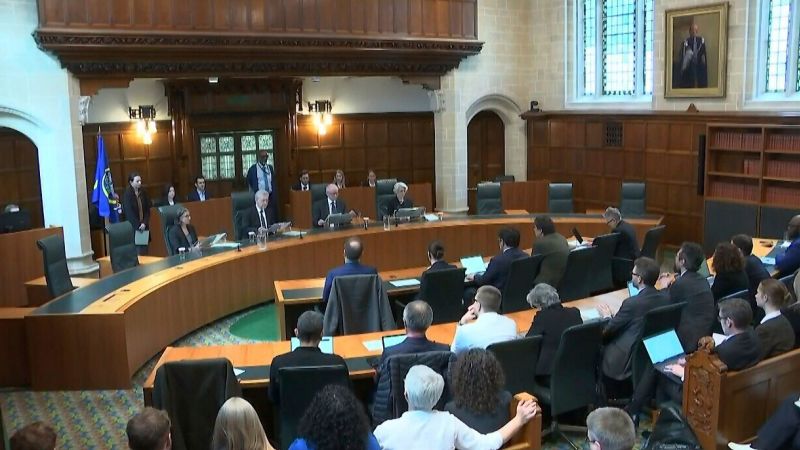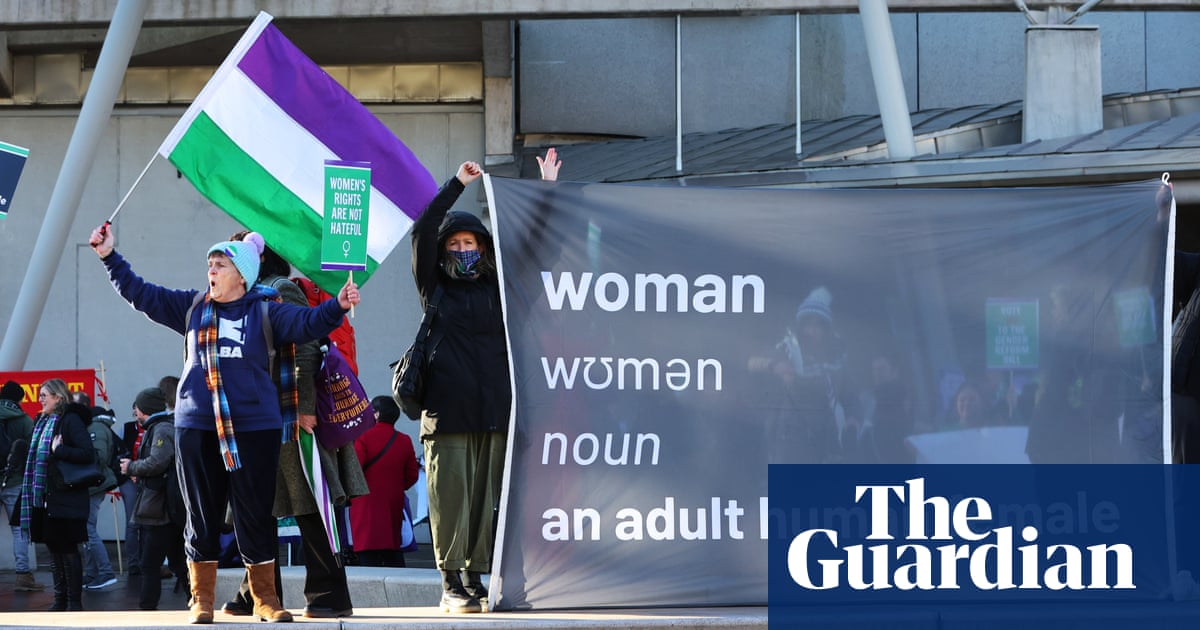UK Supreme Court Ruling Affirms Legal Definition of Woman Based on Biological Sex
The UK Supreme Court ruling defines a woman biologically, excluding trans women, a decision supported by women's rights advocates and some Christian groups.
Subscribe to unlock this story
We really don't like cutting you off, but you've reached your monthly limit. At just $5/month, subscriptions are how we keep this project going. Start your free 7-day trial today!
Get StartedHave an account? Sign in
Overview
On April 16, 2025, the UK Supreme Court ruled that a woman is defined as someone born biologically female, excluding transgender women from this legal definition. This ruling overturned the Scottish government's definition that included trans women for public board positions. Supporters celebrated the decision, with advocates claiming it restores women's rights. Christian leaders described the ruling as a significant cultural shift. The ruling has broad implications for various women-only services and sports but affirms trans individuals’ protections against discrimination under the Equality Act. Critics, including trans rights groups, expressed concern for potential discrimination stemming from this ruling.
Report issue

Read both sides in 5 minutes each day
Analysis
Analysis unavailable for this viewpoint.
Articles (35)
Center (10)
FAQ
The case stemmed from a challenge by For Women Scotland, which contested the Scottish Parliament's inclusion of transgender women in the definition of women for public board positions under a 2018 law.
No, the ruling does not remove legal protections for transgender individuals. They are protected from discrimination on the grounds of gender reassignment under the Equality Act.
The ruling could have significant implications for the provision of single-sex spaces and sports, as it defines a woman based on biological sex, potentially excluding transgender women.
History
- 7M

 4 articles
4 articles
- 7M

 4 articles
4 articles
- 7M

 4 articles
4 articles
- 7M

 6 articles
6 articles

